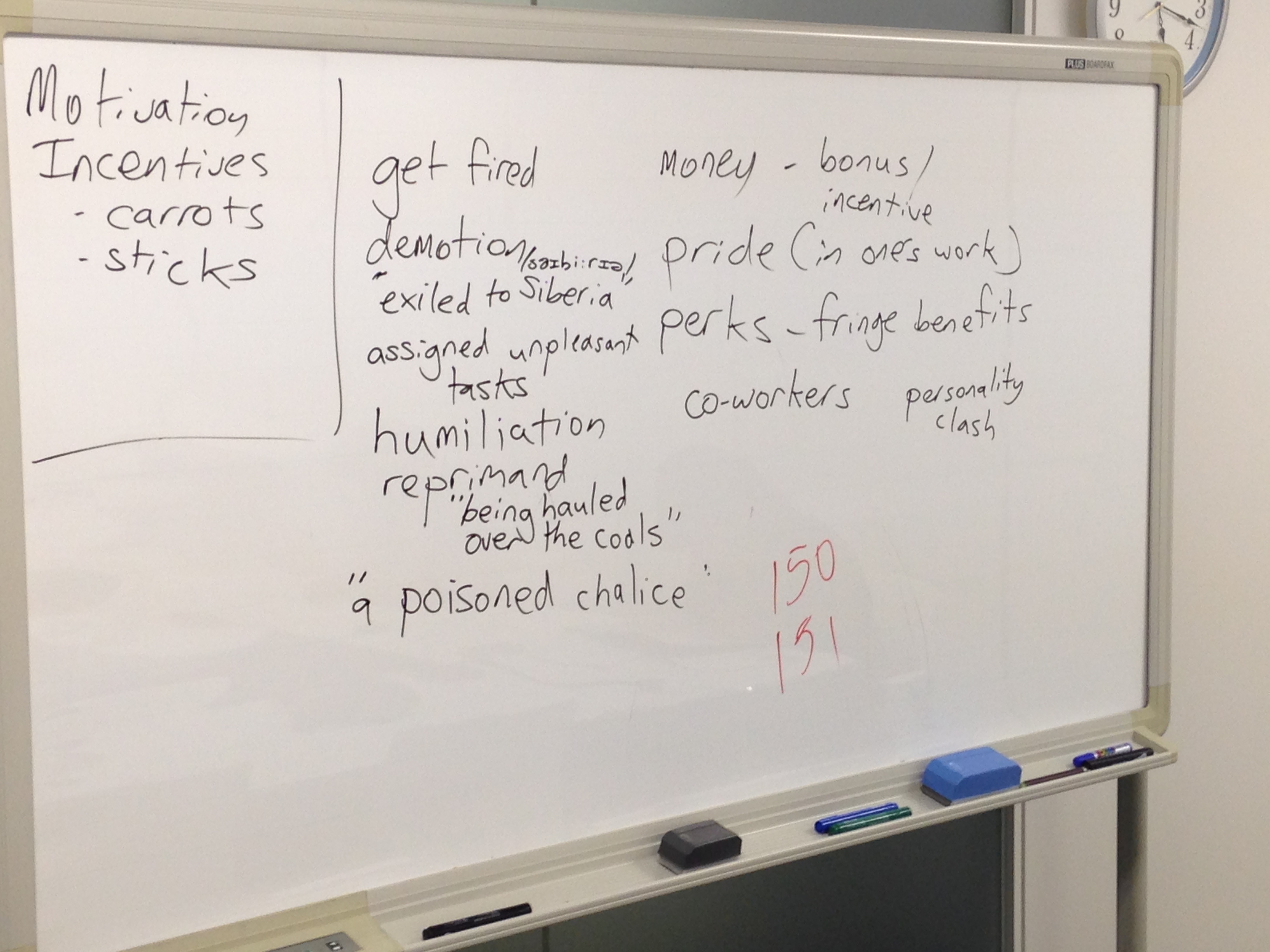Or, ‘Really, can we only have research based in universities and nothing from other settings?‘, set in motion by a Twitter conversation (DM) with Louise B.

The ELT profession is a confounding one. On the one hand we are the lovely, nice people who help communication, while on the other we are cultural-imperialist scum destroying minority languages in our wake. We preach respect for all but turn a blind eye to the precarious work conditions across the sector. I’ve ranted on these themes before. Today, I want to go on about professionalism, and who gets to be professional in ELT.
While we might call ourselves teachers, how many of us have job titles of ‘Instructor’? How many of us get time to ensure our assessments of learning are as thorough as they could be? How many of us can take findings from our classroom practice and make them known to other teachers, to expand the collective body of knowledge in our field?
University-based teaching staff (but usually only full-time staff) get to do this, but rank-and-file teachers in schools don’t often have the opportunity to do it. The International House organisation of private language academies has a journal that I suppose its DELTA/DipTESOL graduates publish in (as well as staff with MAs). University teachers have various journals such as ELTJ among others.
Who does research in young learners (YL) settings? There must be a number of people who focused on this setting in DipTESOL and DELTA courses, not to mention Masters courses. Why does it never get seen?
Well, SLA-type stuff needs ethics approval. This means giving parents approval slips to sign. How confident are you that your organisation or school would be willing to cooperate in this? Maybe not, I’m guessing. However, research doesn’t have to be just based on how or what learners learn. Case studies might focus on what happens in one class, one course, in one department of a school. Action research and exploratory practice may be teaching focused, with a problem to solve or a theme to explore.
Sharing it widely might be a problem, but it might not be. If you’re in a teaching association you might publish in its journal. If not, do their special interest groups have journals? If not, are there other avenues to explore?
What might be a good idea, and I would love to help set something up like this (though I am aware that I have no time right now) would be an open-peer-reviewed blog, like Hybrid Pedagogy. It would also be nice if it were (voluntary) funded so that reviewers and writers could get paid for work done in the absence of grants and so that hosting costs would be covered.
This would be awesome if it were not one of my ideas that are utopian but too much like hard work. The means of getting it done are there, except cash. Anyone who has ideas, links or support, the comment box is screaming for you!